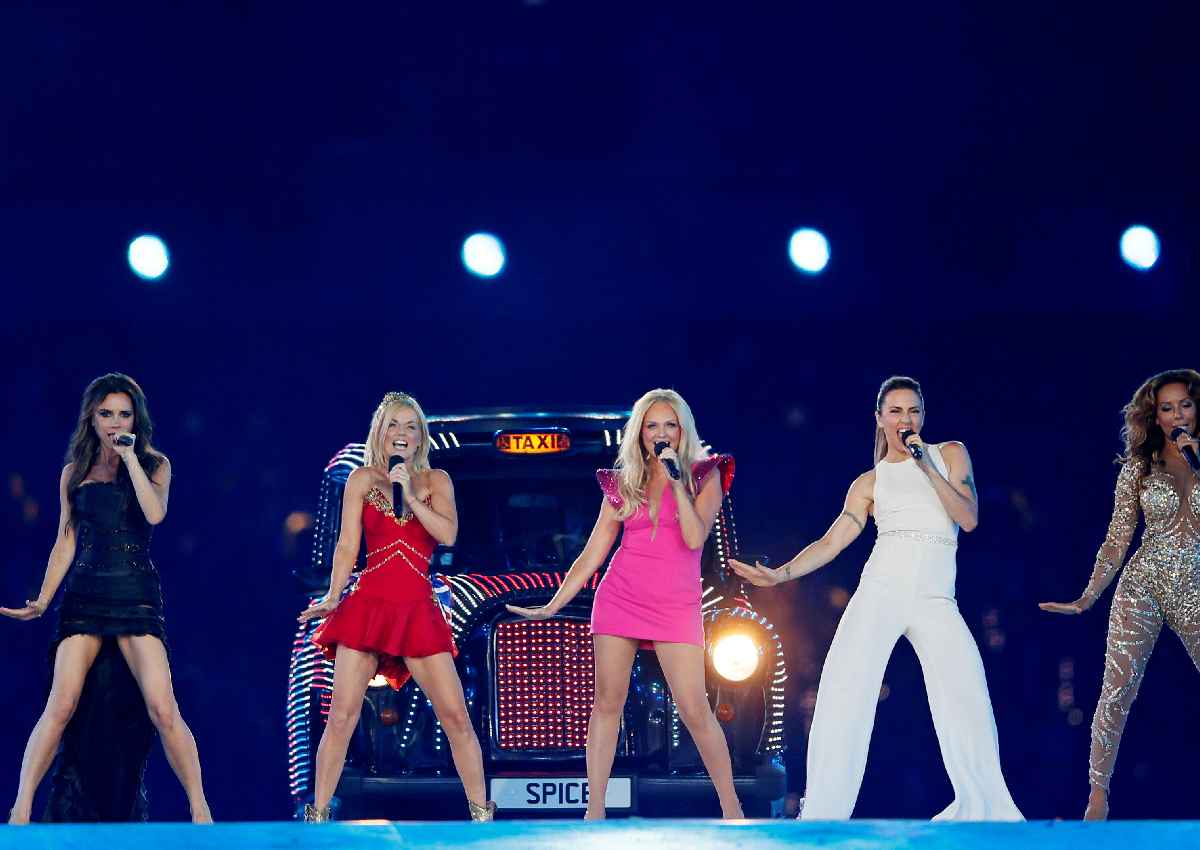One study identified the girl group’s debut as pop’s most recognisable hit, but 20 years later, what’s really behind its continued success?
When the Spice Girls released Wannabe in the UK on 8 July 1996, nobody could have foreseen what followed: two years of what can only be described as world domination.
‘Spice mania’ reached across the globe, and while the group couldn’t sustain that level of success for long, they remain the most successful girl group of all time, achieving more in two years than many of their successors have achieved in a decade.
Their debut, Spice, is still the biggest-selling album of all time by a girl group, with more than 31 million copies sold worldwide. And Spotify announced this week that Wannabe has been streamed for the equivalent of 1,000 years on the service.
I was 4 years old when Wannabe reached number one, and my love of pop music largely stems from the three minutes that introduced us to Scary, Sporty, Baby, Ginger and Posh.
Twenty years on, Wannabe and the Spice Girls still stand out from the crowd, despite the long line of copycat girl groups that followed.
“There was nothing else quite like Wannabe on the radio back in summer 1996. Rock and dance music had been dominating the airwaves and charts for quite some time by that point,” Robert Copsey, editor at the UK’s Official Charts Company tells BBC Culture.
“The Spice Girls struck at just the right moment with Wannabe; a gutsy, enthusiastic and unashamed pop song we’d all been craving without even realising it.”
There’s a simple reason for Wannabe’s place in popular culture: it’s catchy as hell. According to a 2014 study by the University of Amsterdam and Manchester’s Museum of Science and Industry, Wannabe is actually the catchiest song of all time.
Read the full article here







